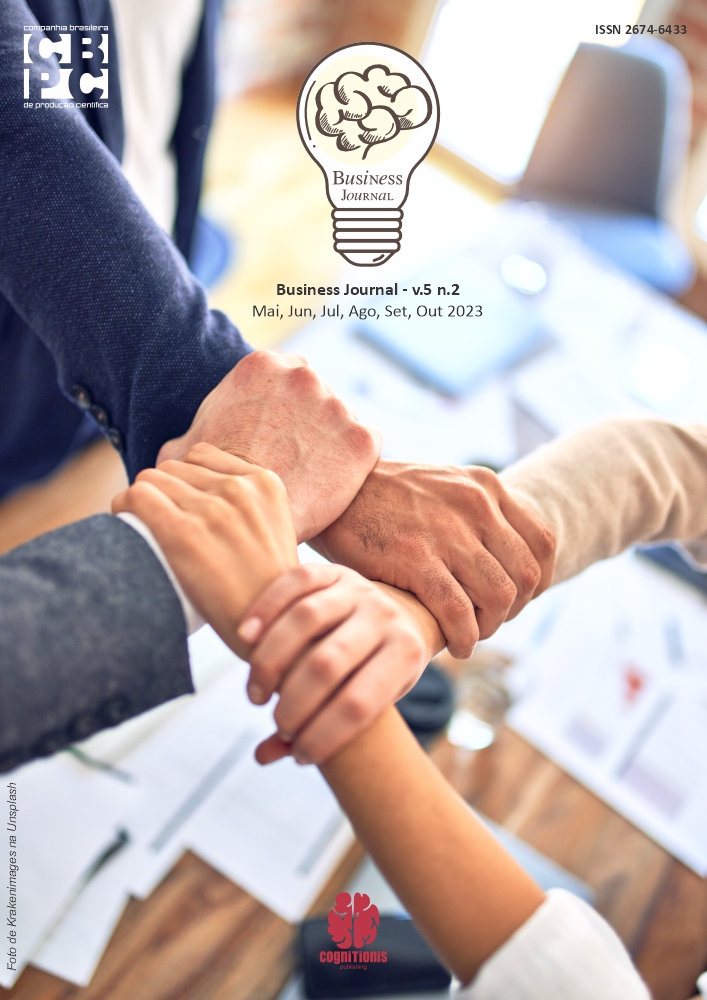Internal audit: theoretical context and applications in Brazilian commercial companies
DOI:
https://doi.org/10.6008/CBPC2595-4318.2020.002.0002Keywords:
Audit, Control, Demonstrations, VerificationAbstract
The audit arose with the need to issue an opinion on whether the reports presented were in accordance with the reality of the company, thus transmitting to society the reliability of the information. Therefore, the audit is defined as a technique that checks, verifies and evaluates documents and records, inspections, obtaining information, with the purpose of verifying whether the financial statements are consistent with the verified reality. Auditing is an area linked to management where it promotes the verification of internal controls, thus being able to verify its efficiency and effectiveness, reducing the chances of errors and fraud. In the independent audit, the planning, procedures to be applied and the work programs that should serve as a guide and control in the execution of the work must be formally documented and prepared. Its objective is to express an opinion through an opinion on the reliability of the financial statements and to present to anyone who is responsible for making or not making the necessary corrections and assisting in decision making. Analyzes, demonstrations or any other documents are attached to the working papers, where they must be analyzed and verified, in order to easily demonstrate to the reader how the procedures and conclusions obtained were carried out. Some companies are legally required to contract an internal audit, while others contract an audit by internal control measure taken by a shareholder, entrepreneur, company administrator, etc., or by statutory or contractual requirements and for the purpose of consolidating the financial statements.
Downloads
Downloads
Published
Issue
Section
License
The CBPC - Companhia Brasileira de Produção Científica (Brazil CNPJ: 11.221.422/0001-03) the material rights of the published works. The rights relate to the publication of the work anywhere in the world, including rights to renewals, expansions and dissemination of the contribution, as well as other subsidiary rights. All electronically published works may subsequently be published in printed collections under the coordination of this company and / or its partners. The authors preserve the copyright, but are not allowed to publish the contribution in another medium, printed or digital, in Portuguese or in translation.









